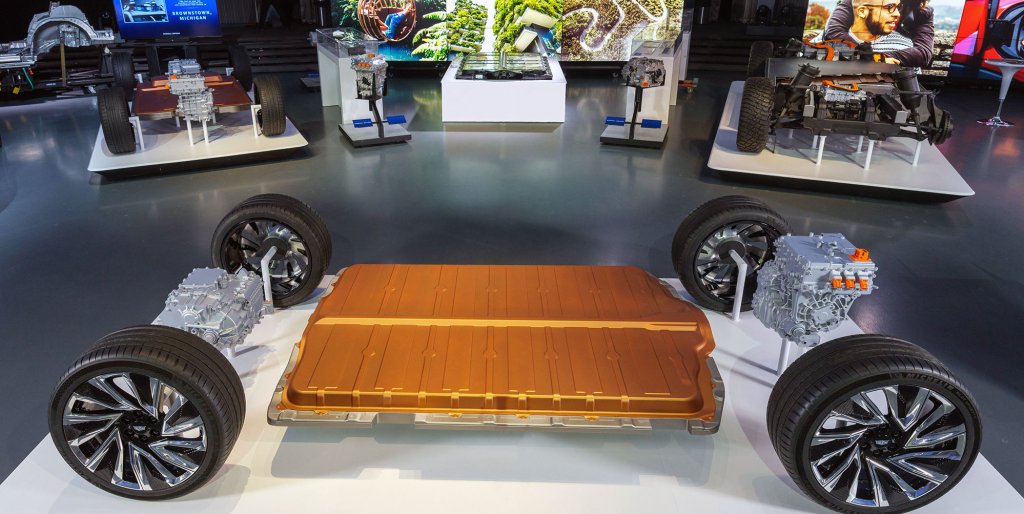A senior executive at General Motors has indicated in an interview that his company is very close to completing the development of a battery for electric cars that will last “a million miles.”
A new generation battery that will allow a qualitative leap forward and will be more advanced than the prototypes shown last March baptized as the «Ultium» project. A modular system enables the use of different types of cells and chemicals in packs ranging from 50 kWh to 200 kWh. This will allow vehicles to exceed 600 km of autonomy.
These batteries are being developed in collaboration with LG Chem. The American manufacturer has signed an agreement to build a gigantic battery factory in the North American town of Lordstown, Ohio. It will have a maximum capacity of 30 GWh and will represent a version above the 2.3 billion dollars. A factory that is already beginning to be built after the break due to the coronavirus.
At the moment from GM, they have not wanted to give an arrival date to their new batteries. It is expected that this year the «Ultium» will arrive. They have indicated that their works involve advanced materials such as cobalt-free batteries, solid electrolytes, and also compatible batteries with ultra-fast recharge.
At the same time, General Motors is also seeking to improve the energy density of its batteries, to find a way to reduce their prices until it drops from the symbolic amount of $100 per kWh with this new generation. A critical aspect that will make the difference between a project with more or less success and involves the entire production chain. From mining to refining and transporting the materials that shape the batteries.
The goal is for General Motors not to be left behind and to meet the figures estimated by its president, who wants to achieve sales of 1 million electric cars a year by 2025 between the United States and China.
An initiative that comes at a time when the competition is getting tighter. General Motors has lost precious time in the last ten years when it should have developed with more ambition an electrical project that not only has not progressed, but has even regressed slightly from two models to just one today, the Bolt.

